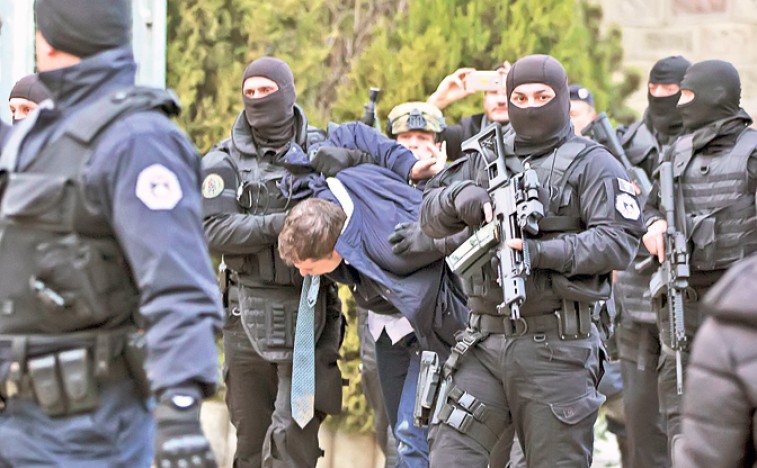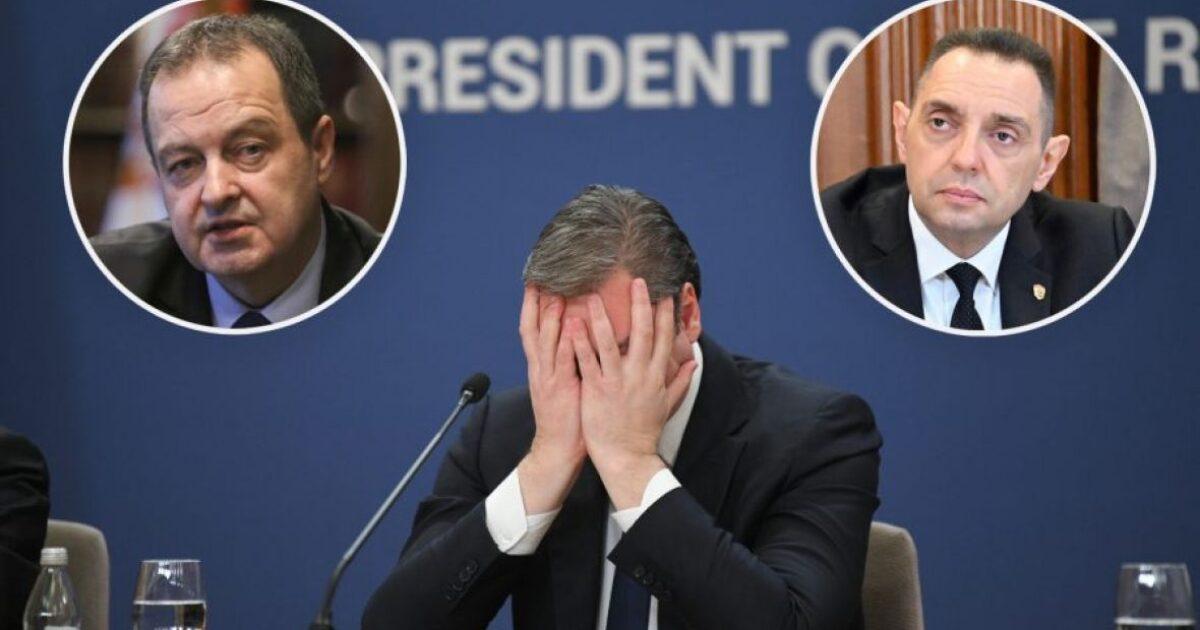Serbia’s “social protection” law for Kosovo mirrors Putin’s Ukraine playbook, signalling territorial ambitions masked as humanitarian concern—a prelude to Balkan conflict.
Oct 30, 2024
Serbia’s latest designation of the Republic of Kosovo as a “special social protection” zone bears an unmistakable resemblance to Russia’s pretexts for its invasion of Ukraine, a chilling parallel that signals more than just domestic social policy. Like Putin’s declaration that Russia was intervening to protect “Russian speakers” in Ukraine, Serbia’s purported aim to support “social protections” for Kosovo’s ethnic Serbs echoes the same rhetoric of ethnic defence. Underneath this language, however, lies a more insidious strategy: the groundwork for territorial control, not social support.
The phrasing “Kosovo and Metohija” itself is a charged term, signalling Serbia’s refusal to recognise Kosovo as a sovereign nation. This term not only disregards Kosovo’s status as an independent state but also serves as a dog whistle to Serbian nationalists, reinforcing the notion that Kosovo remains an inseparable part of Greater Serbia. Using this language in official documents is more than semantics; it’s an intentional denial of Kosovo’s autonomy, a provocation that mirrors Moscow’s rhetoric around Ukraine’s independence.
This bill, introduced under the guise of social protection, recalls the events of early 2014, when the Kremlin similarly claimed it was intervening in Ukraine to protect Russian-speaking populations. What began as a pretext quickly escalated into a full-scale invasion in 2022. The world watched in horror as Russian troops crossed into Ukraine, seizing towns, targeting civilians, and triggering one of the largest refugee crises in Europe since World War II. Moscow’s “special operation” language disguised an imperial agenda, masking the Kremlin’s true intention of reasserting control over Ukraine under a cloak of humanitarian concern. Serbia’s recent declaration over Kosovo follows an eerily similar script, making it clear that Belgrade is not merely offering “social protection” but is establishing a framework for more direct intervention, if not outright annexation.
In September 2023, Serbia undertook its own Kremlin-inspired operation in northern Kosovo, with Serbian paramilitaries, led by Milan Radoicic, crossing into Kosovo under the cover of “protecting Serbian people” in the contested region. Much like Putin’s use of so-called “little green men” during the annexation of Crimea in 2014, these paramilitaries were heavily armed and operated under ambiguous authority, presenting as unofficial Serbian forces without formal insignia, yet backed by Belgrade’s implicit support. This incursion did not take place in a vacuum: it came after months of escalated Serbian rhetoric and a sustained military buildup on the border, creating conditions remarkably similar to those Russia orchestrated before its incursion into Ukraine.


Shënim:
Redaksia, diplomacia. dk nuk e merr përgjegjësinë për pikëpamjet e autorit në shkrimin e botuar!
Respekt!
